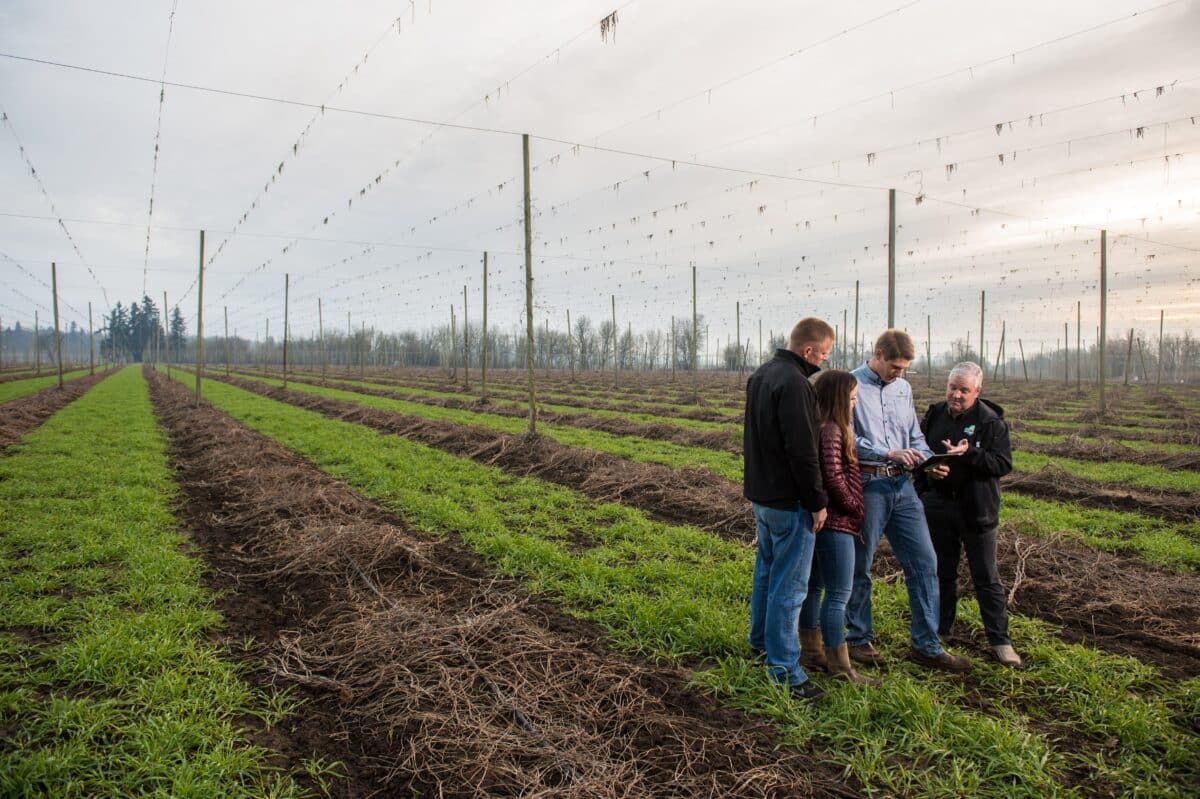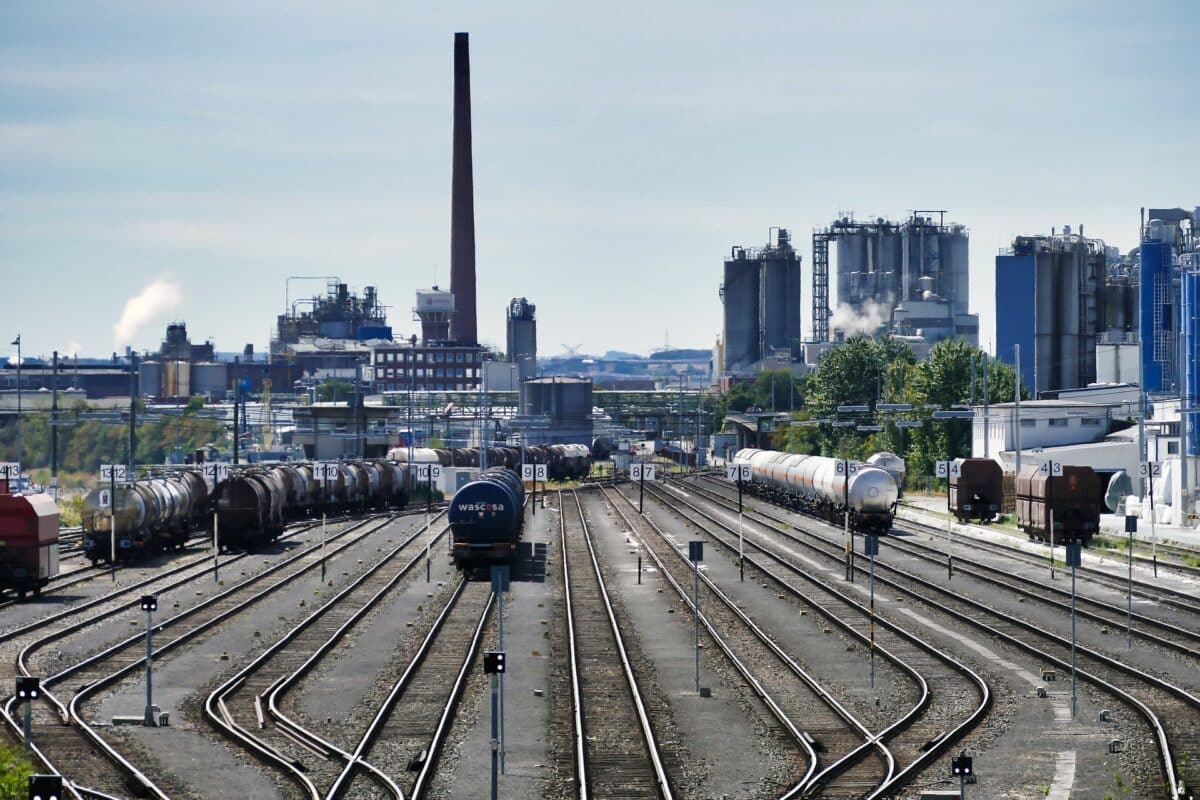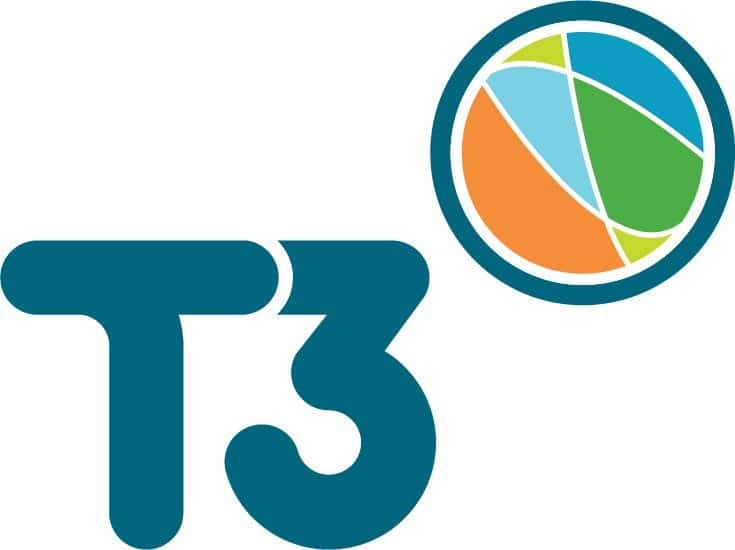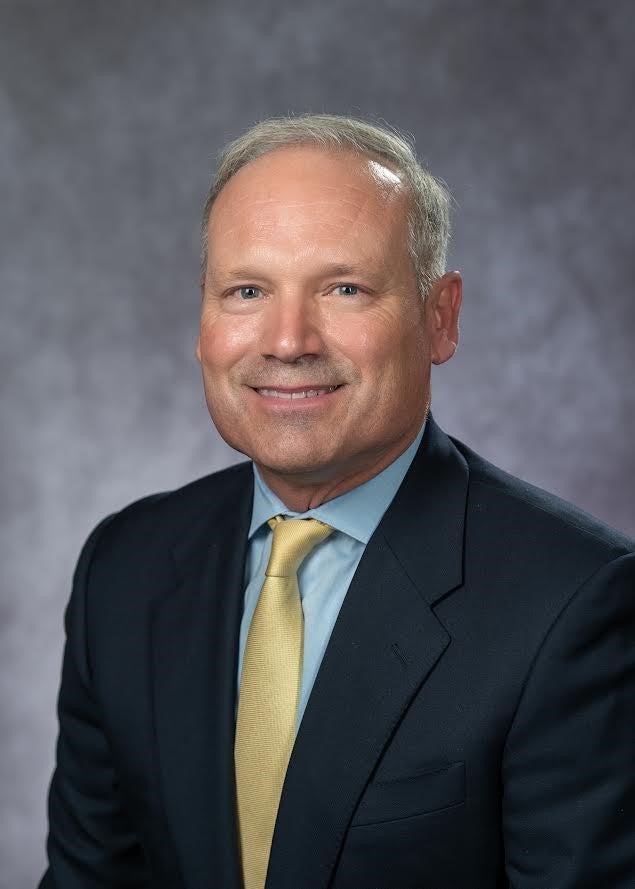TFI CEO Rosenbusch Testifies at House Ag Committee Hearing on Agricultural Challenges
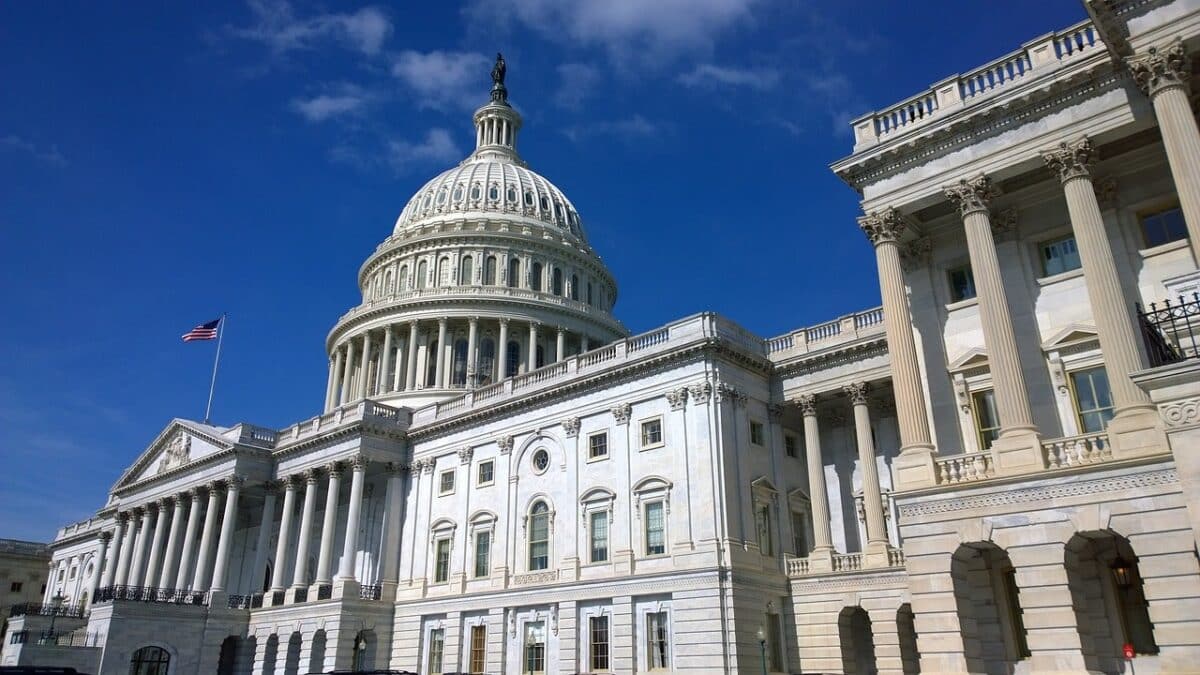
Arlington, VA – The Fertilizer Institute (TFI) President and CEO Corey Rosenbusch today provided official testimony during the House Committee on Agriculture hearing Uncertainty, Inflation, Regulations: Challenges for American Agriculture.
“Fertilizer is an essential tool for farmers to achieve the yields necessary to feed our growing world,” Rosenbusch said. “We appreciate the opportunity to shed light on current market dynamics and offer solutions to the pressures currently facing the U.S. agricultural sector. As always, the fertilizer industry is committed to ensuring adequate supply to meet farmer demand for the nutrients that are so essential to growing healthy and abundant crops.”
Rosenbusch focused much of his testimony on the fact that fertilizer is a globally traded commodity subject to international pressures and geopolitical events.
“Domestic production of fertilizer accounts for only 7% of global production and 90% of all fertilizer usage happens outside of the United States,” Rosenbusch continued. “Geopolitical events have been the biggest disrupter to fertilizer markets in recent years.”
The geopolitical events Rosenbusch referred to included sanctions on Belarus, which supplies 20% of the world’s potash supply; China, which is a major exporter of fertilizers, but last year imposed restrictions on fertilizer exports; and Russia, which has historically provided 20% of global fertilizer supplies as the world’s largest fertilizer exporter.
Rosenbusch then offered solutions and items Congress could act on to improve domestic production and supply.
“While Congress cannot control Russia and China, there are a number of areas where policy could have a positive impact on the agricultural sector,” Rosenbusch concluded. “Regulatory certainty is perhaps the most significant area Congress could help. Additionally, listing potash and phosphate as critical minerals, energy policy that supports an abundant and affordable supply of natural gas, permitting reform to streamline long delayed fertilizer projects, focusing on USDA conservation programs that empower agronomists and certified crop advisors to help farmers with nutrient management, and a focus on supply chain bottlenecks through improving rail service and promoting driver recruitment and retention.”
Rosenbusch’s oral statement can be found here
Rosenbusch’s full written testimony can be found here.
TFI’s full policy solutions document can be found here.
###
The Fertilizer Institute (TFI) is the leading voice of the nation’s fertilizer industry. Tracing its roots back to 1883, TFI’s membership includes fertilizer producers, wholesalers, retailers and trading firms. TFI’s full-time staff, based in Washington, D.C., serves its members through legislative, educational, technical, economic information and public communication programs. Find more information about TFI online at TFI.org and follow us on Twitter at @Fertilizer_Inst. Learn more about TFI’s nutrient stewardship initiatives at nutrientstewardship.org and on Twitter at @4rnutrients.

